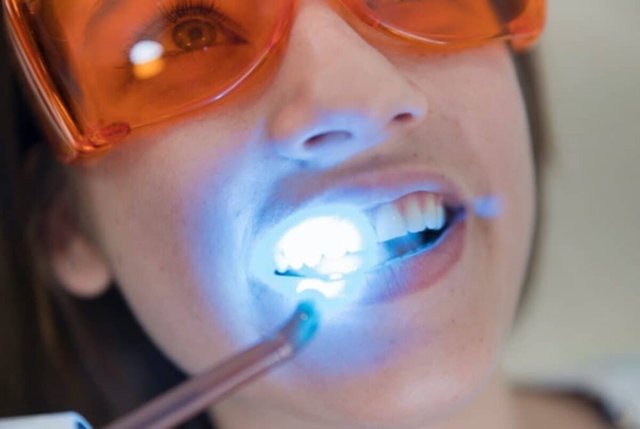10 Myths About Teeth Whitening
Teeth whitening is one of the most popular treatments in cosmetic dentistry. It promises a snow-white smile, boosts self-confidence, and conveys a feeling of freshness and well-being. However, many myths surround teeth whitening that prevent people from making informed decisions and can even be harmful to their health. In this article, we will debunk the 10 most common myths about teeth whitening so you can approach the topic with a clear head.
1. Teeth whitening damages tooth enamel
This is one of the most widespread myths. In fact, professional teeth whitening products don’t damage tooth enamel when used according to instructions and under the supervision of a dentist. They act on the molecules that cause pigmentation without damaging the tooth structure. However, uncontrolled use of bleaching products at home can actually lead to increased sensitivity and enamel erosion.
2. Whitening toothpaste works like professional whitening
Many people believe they can achieve a salon-like effect by using whitening toothpaste. This is false. Such pastes contain abrasive particles or mild chemical components that only remove surface stains and plaque.
3. In one session, your teeth are forever white
Even if you achieve perfect results after professional teeth whitening, these results are not permanent. Over time, teeth can darken again due to smoking, coffee, tea, wine, and other discoloring products. To maintain the effect, proper care and hygiene measures are necessary.
4. Home remedies (lemon, baking soda, peroxide) are safe and effective
This is a very dangerous misconception. Citric acid destroys tooth enamel, baking soda scratches it, and hydrogen peroxide can damage the mucous membranes if used in insufficient concentrations. While these methods may provide short-term cosmetic improvements, they have a negative impact on your oral hygiene in the long term.
5. Bleaching makes teeth unnaturally white
Modern teeth whitening methods can produce natural results. The color selection is individualized, based on your anatomical characteristics and preferences. A professional dentist will never allow an unnatural result. If you search for "teeth whitening dentist near me," be sure that you choose an experienced and qualified specialist.
6. Bleaching is only suitable for young people
Age is not a contraindication for teeth whitening. The most important factor is the general condition of the teeth and gums. The procedure can also be performed successfully in older people, provided there are no contraindications such as cavities, cracks, or inflammation.
7. The procedure is painful
Modern bleaching systems take tooth sensitivity into account. During the procedure, slight discomfort or sensitivity may occur, but in most cases, patients don’t experience any pain. Moreover, there are special products that reduce sensitivity after bleaching.
8. All teeth can be whitened equally
This is not true. Fillings, crowns, veneers, and other artificial materials can’t be bleached. If you have restorations, it is important to understand that the color after bleaching may differ from that of the whitened teeth. In such cases, it may be necessary to replace fillings or restorations to match the new shade of your teeth.
9. Frequent bleaching improves results
Excessive bleaching leads to increased tooth sensitivity and tissue damage. It is recommended to perform the procedure no more than once or twice a year, and for home systems, only on the recommendation of a dentist.
10. All bleaching agents are equally effective
Products from drugstores are generally less effective than professional products. They contain a lower concentration of the active ingredient, and their effect is minimal. Only a dentist can select an effective and safe product based on your individual needs.
The bottom line
A snow-white smile is beautiful, but you shouldn't chase it at any cost. It's important to remember that teeth whitening is a medical procedure that requires a rational approach and professional guidance. Don't fall for myths and experiment with home remedies. Consult a specialist and choose the method that works best for you. Only then will you achieve not only a snow white smile but also a healthy one.
